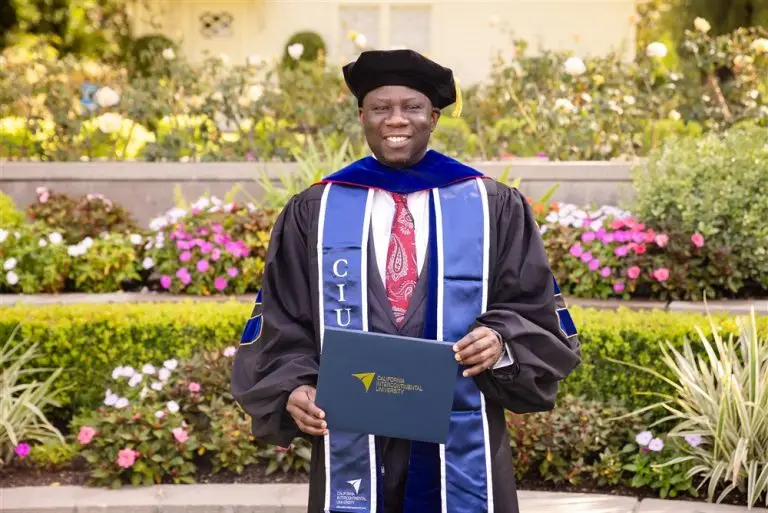In this article, we’ll answer the question – how long does it take to get a DBA? While our programs are planned to be finished in two and a half years, they are also designed to be accommodating of busy lifestyles. Completing a Doctorate of Business Administration at California Intercontinental University can take about 2.5 years.
Just The Facts: How Long Does It Take to Get a DBA?
Put simply:
- The DBA program is designed to be completed in 2.5 years
- It breaks down into business courses, specialization courses, and research
- Length is ultimately variable and depends on your journey
Breaking Down The DBA Timeline
When you start your DBA, you’re looking into a journey of two and a half years at the least. However, that’s not always the case. If you choose to take it slow, it can extend to about 4 years.
Let’s break it down. A DBA consists of:
- The Business Core courses
- The specialization courses
- The Doctoral Research Project or dissertation
The business core courses and the specialization courses can take 1 to 2 years, depending on how many courses you take simultaneously. The research courses will take another 6 months. Then, the actual research will take 1 to 2 years, depending on your progress.
At CIU, available specializations are global business and leadership, entrepreneurship and business management, healthcare management and leadership, and information systems and enterprise management.
DBAs Usually Take Longer Than MBA, and This is Why
You can finish an MBA program in less than a year. That’s significantly different from a DBA. You might be wondering why.
MBAs and DBAs are similar, but they have their differences. A DBA is a more advanced degree, and goes more in-depth. We’re talking almost twice the amount of courses.
More importantly, a DBA involves research. A good amount of the time you dedicate to it will be either in research courses or doing actual research.
A doctorate is a prestigious title that a small percentage of the population has. It makes sense that it’d take time and dedication. Don’t worry, it’s worth it.
At The End of The Day, It’s Up to You
Every journey is different. Many people who choose to undergo a DBA also have full-time jobs they need to attend to, and possibly also a family. This is a crucial difference between DBA and PhD programs. While they both award doctorate degrees, PhD students usually dedicate their full time to research.
Here at CIU, our programs are designed to be accesible.
Let’s say you’re aiming for speed and want to meet that 2.5 years timeline. You can double up on courses, and when you get to the dissertation, you have to meet with your chair every week and be organized about your writing and submissions.
On the other hand, for a more leisurely pace, you can take one course at a time. You would finish the main courses in around 2 years, and the dissertation in around 1 or 1.5 years, giving you a total of 3.5 years to complete the DBA program.
Let’s say something comes up, and you need to drop your DBA for a few months. There are different options, such as an LOA (leave of absence) or WD (withdraw), and the option will depend on how long of a break you need. As a DBA student, you will be assigned an academic advisor who can assist you in choosing the best option for you to take a break according to your needs. Sometimes you don’t even need to take a break: the advisors can advocate on your behalf to send work late without penalization or discounted points. All is conversable.
How Long Does It Take to Get a DBA?: External Factors Play Into It
It depends on each student and each case, but external factors that can impact the DBA duration could be related to family, work, and the time that a student can dedicate to the DBA program. Completing a DBA is about committing to sometimes rejecting a get-together invitation because you have an assignment to complete. It is not easy, which is why only 2% of the population has a DBA degree.
Completing a DBA involves flexibility, commitment, and personal growth. Whichever the case may be for you, be sure that it’ll represent a significant achievement and a step forward in you career.












